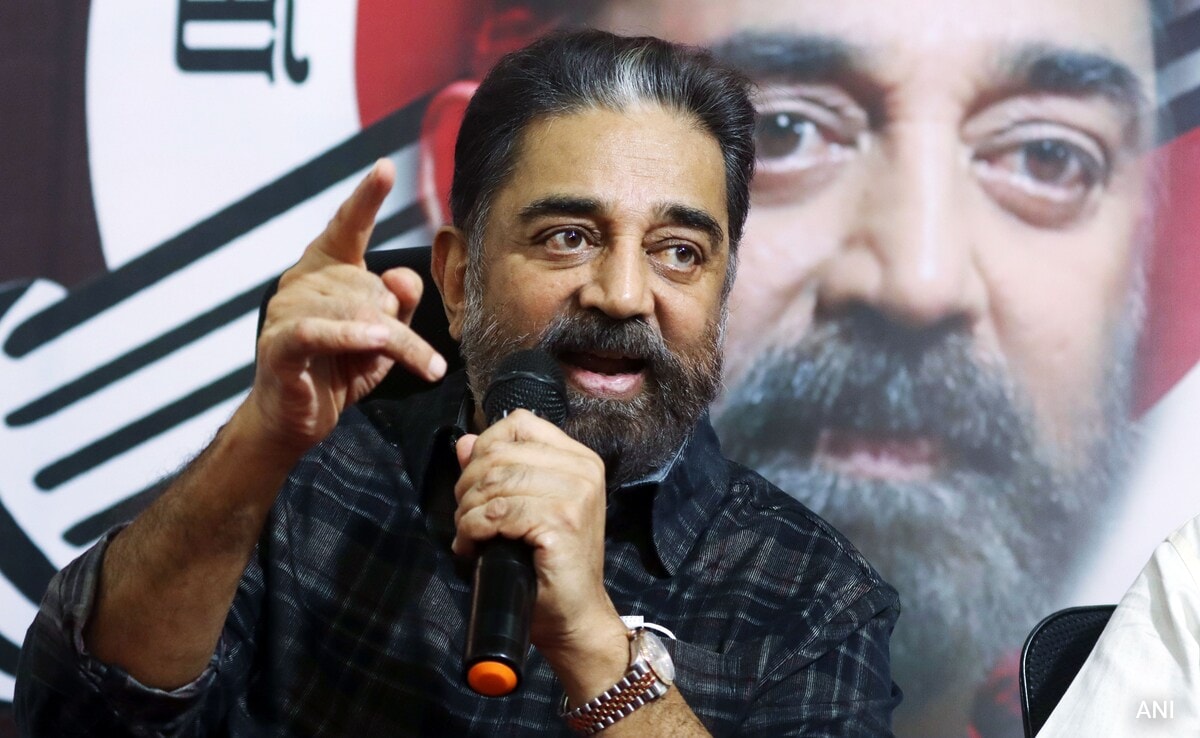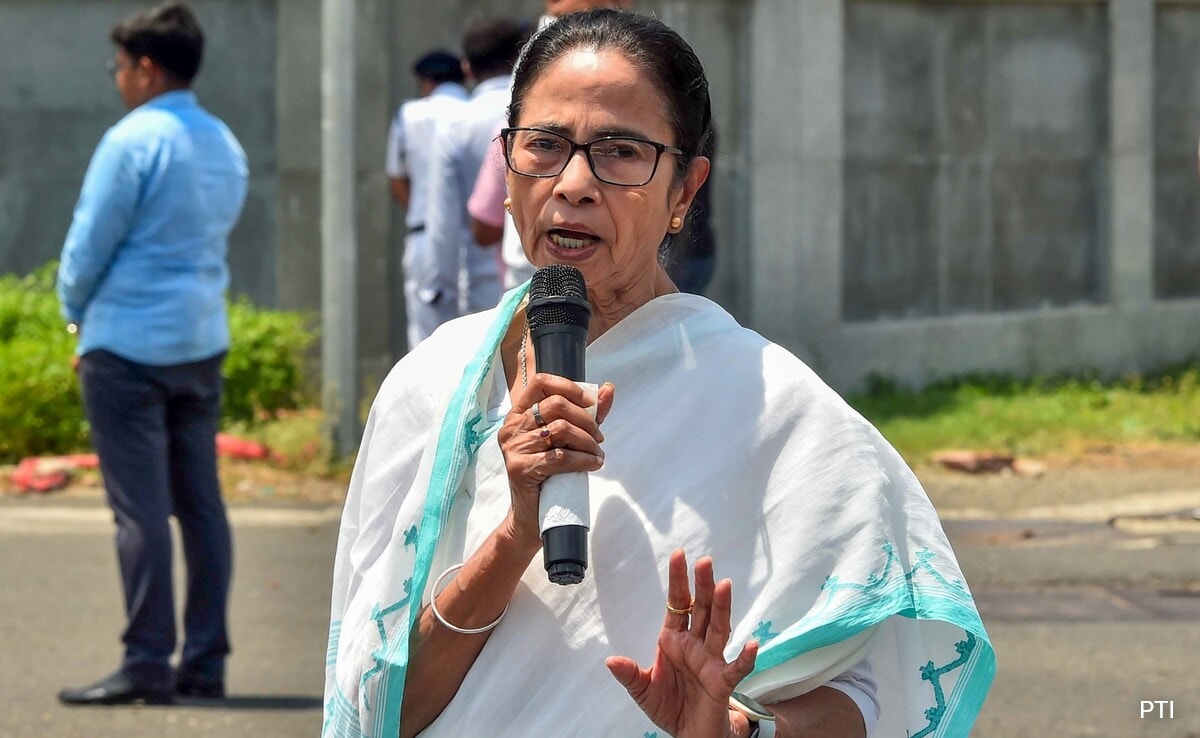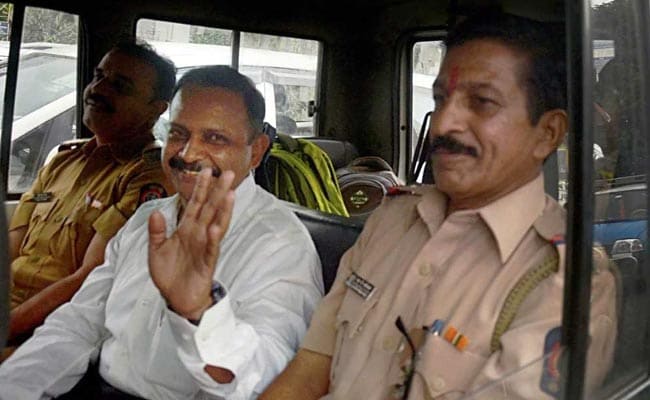<p>Singapore, Aug 4 (PTI): President Tharman Shanmugaratnam has paid tributes to the generations of Tamils who contributed to the Singaporean society in areas such as education, women’s rights, politics, medicine, law, sports and the arts.</p><p>He also spotlighted the Tamil community’s influence on the city-state’s culinary landscape, such as how mee goreng (spicy fried noodles) was created and popularised by the Muslim Chulias of Madras.</p><p>”As we celebrate SG60 (60 years of Independent Singapore), may this be a reminder of each of our communities’ contributions, from the labourers who led the most difficult of lives to the civil servants, educationists, professionals and entrepreneurs, each contributing to making this nation that we treasure,” The Straits Times reported on Monday, quoting Tharman as saying.</p><p>”Addressed some 600 guests at the launch of Encyclopaedia of Singapore Tamils (EST) on Saturday,” Tharman said, adding that the story of the city-state’s Tamil community is, in many ways, that of Singapore itself — one of resilience, multicultural integration and also, deep social transformation over the country’s 60 years of independence.</p><p>The president noted that in Singapore’s early years, migrants from southern India naturally brought with them their caste traditions and practices. As a result, segregation in their social interactions, jobs and living arrangements closely resembled those in their places of origin.</p><p>For instance, the encyclopaedia records how almost all Indian enclaves here had designated Adi-Dravida zones for those lowest in the caste hierarchy, such as the area between Jalan Besar and Rochor Canal, along the Little India precinct.</p><p>While attitudes towards caste started to change in the 1930s and 1940s due to reformist movements, such as the Tamil Reform Association and the Japanese Occupation, the most profound changes came after Singapore gained independence, the president said.</p><p>A national education system promoted meritocracy regardless of social background, public housing brought people of all communities together and a growing economy provided opportunities for all, he pointed out.</p><p>The result was a dilution of caste traditions and better appreciation for inclusivity. But there are still remnants of caste practices among those who have been higher up in the traditional social hierarchy, and a renewed influx of such practices among new immigrants, Tharman said.</p><p>More also needs to be done to help those who have faced disadvantages passed down through generations, from the time their forefathers arrived here as coolies and indentured labourers, he added.</p><p>”As much as we have done away with the most regressive social practices, we have to keep working at this…. Even as we conserve the core of our cultures, Singapore must remain a socially progressive place, where discrimination of all forms is not tolerated, and inclusivity becomes part of all our lives,” Tharman said.</p><p>”It is what makes us as Tamil Singaporeans, and as Indian Singaporeans, distinctive among Indian communities globally,” the broadsheet had the president as saying.</p><p>The EST is an online resource that documents the history and contributions of the Tamil community here over the past 200 years, and is a collaboration between the Centre for Singapore Tamil Culture (CSTC) and the National Library Board (NLB).</p><p>At the event on Saturday, CSTC chief executive Arun Mahizhnan said the encyclopaedia addresses a longstanding lack of a comprehensive historical record of Singapore’s Tamil community.</p><p>It currently contains more than 350 entries, covering a range of topics that includes historical events, arts, community organisations, journalism, education, politics and personalities.</p><p>Being online means it will be accessible to a broad audience both in Singapore and abroad, added Mahizhnan, who is also the EST’s chief editor. “Besides preserving our history, it can also inspire younger generations to appreciate and connect with their heritage.” EST deputy editor Sivanantham Neelakandan said the encyclopaedia is meant to be a living document that will continue to grow and “serve as a lasting testament for generations to come”.</p><p>The encyclopaedia, published in conjunction with SG60 and the NLB’s 30th anniversary, can be accessed both in Tamil and English.</p><p>The event was also attended by Minister for Digital Development and Information Josephine Teo and Minister of State for Culture, Community and Youth and Minister of State for Manpower Dinesh Vasu Dash. PTI GS RC</p><p><i>(This story is published as part of the auto-generated syndicate wire feed. No editing has been done in the headline or the body by ABP Live.)</i></p>
World
President Tharman pays tribute to Tamils in Singapore
by aweeincm

Recent Post

“Denied Education To Many Children”: Kamal Haasan Slams NEET
Kamal Haasan’s comments come amid continued opposition to the NEET ... Read more

“Insulting”: Mamata Banerjee On Delhi Police Terming Bengali As “Bangladeshi National Language”
West Bengal Chief Minister Mamta Banerjee on Sunday lashed out ... Read more

“Truth Prevailed”: Wife of Lt Col Prasad Purohit On Malegaon Blasts Acquittal
Lt Colonel Purohit was given a grand welcome at his ... Read more

Gangster-Politician Mukhtar Ansari’s Son Arrested In Fraud Case
Umar Ansari, son of late gangster-turned-politician Mukhtar Ansari, was arrested ... Read more